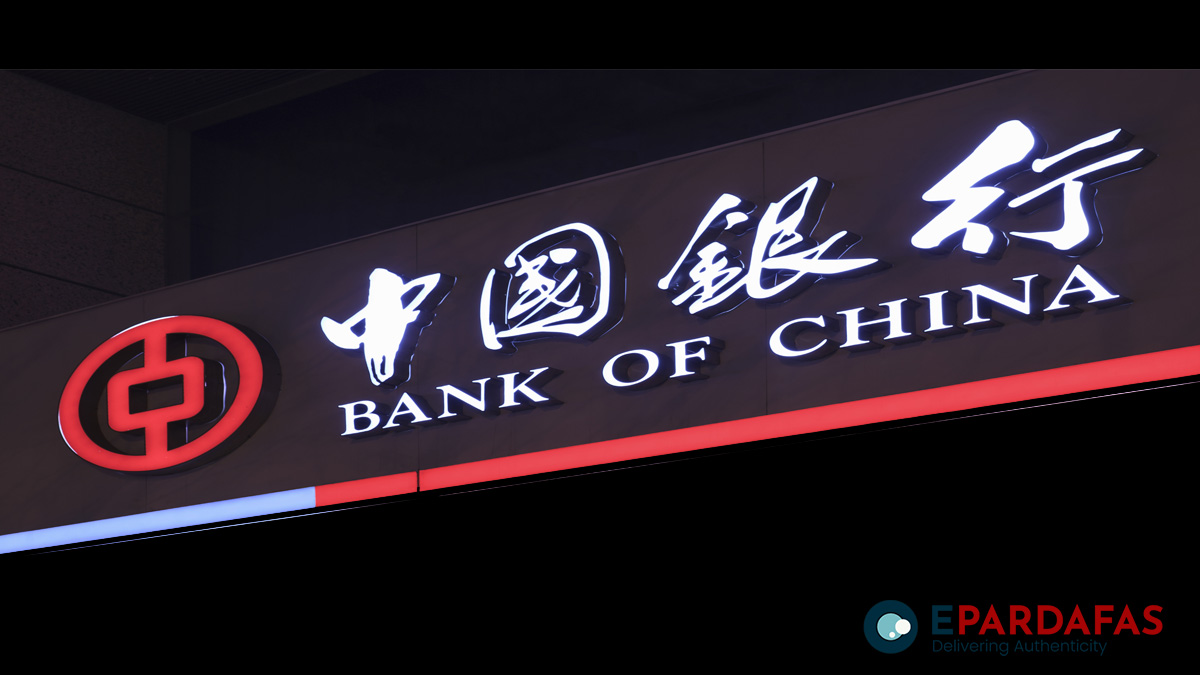
China Initiates Small Bank Mergers Amid Looming Financial Crisis
Amidst mounting concerns of a looming financial crisis, Chinese authorities are expediently orchestrating the consolidation and merger of small and medium-sized financial institutions. This move is aimed at mitigating the potential fallout and stabilizing the financial landscape.
Highlighting the gravity of the situation, an analyst underscored the risk posed by ongoing bank failures, emphasizing the imperative of safeguarding the interests of depositors to avert social unrest. The stability of the Chinese Communist regime hinges on averting widespread discontent stemming from financial instability.
Outlined in the 2024 working meeting by China’s Financial Supervisory Authority (FSA), the restructuring of small and medium-sized financial entities assumes paramount importance among eight key tasks. Liu Xiaochun, Deputy Director of the Shanghai Institute for Financial Research, underscored the necessity of risk mitigation strategies, emphasizing mergers, reorganizations, and collaborative efforts as pivotal measures.
Official statistics reveal a staggering count of 3,912 small and medium-sized banks across China, constituting city commercial banks, rural credit unions, and village banks, with total assets amounting to 110 trillion yuan ($15.45 trillion), equivalent to 28 percent of the nation’s total bank assets. The prevalence of village banks is particularly pronounced, comprising 40.38 percent of all banking institutions as of June 2023.
The spate of bank failures, notably witnessed in Henan Province in April 2022, sparked widespread apprehension. The authorities’ primary recourse involves absorption and consolidation by larger banks with direct or indirect equity involvement, with nearly 100 such mergers occurring in 2023 alone.
Lu Yuanxing, a political and economic analyst, anticipates further bank crises amid the real estate sector’s protracted downturn. The cascading effect of property market woes exacerbates the vulnerability of banks, prolonging the inevitability of failure despite consolidation efforts.
The repercussions of China’s real estate downturn are palpable, with corporate behemoths such as Evergrande and Country Garden succumbing to debt defaults. As the sector continues its downward trajectory, Xu Chenggang, an economist, elucidated the perilous implications for banks reliant on real estate-backed loans, warning of systemic financial risks.
The human toll of these crises is profound, as evidenced by the plight of depositors like Wang Qi, whose life savings remain inaccessible due to bank failures. Victims endure protracted struggles against coercive measures employed by authorities, exemplifying the dire consequences of financial turmoil on individuals and families.
The unfolding financial crisis presents a dual threat to the Chinese Communist regime: the specter of social upheaval fueled by aggrieved depositors and the erosion of loyalty among essential stakeholders, imperiling the regime’s stability. The looming precipice underscores the profound anxieties pervading China’s economic landscape and the monumental challenges facing its leadership.
- India agrees to technical team in Maldives: Focus is on helping the people
- India’s Strategic Moves in the Indian Ocean
- China’s Annual NPC Plenary Session Focuses on Growth Targets Amidst Economic Challenges
- British Intelligence Agencies Grapple with China’s Espionage Threat: A Legacy of the ‘Golden Era’














Comments